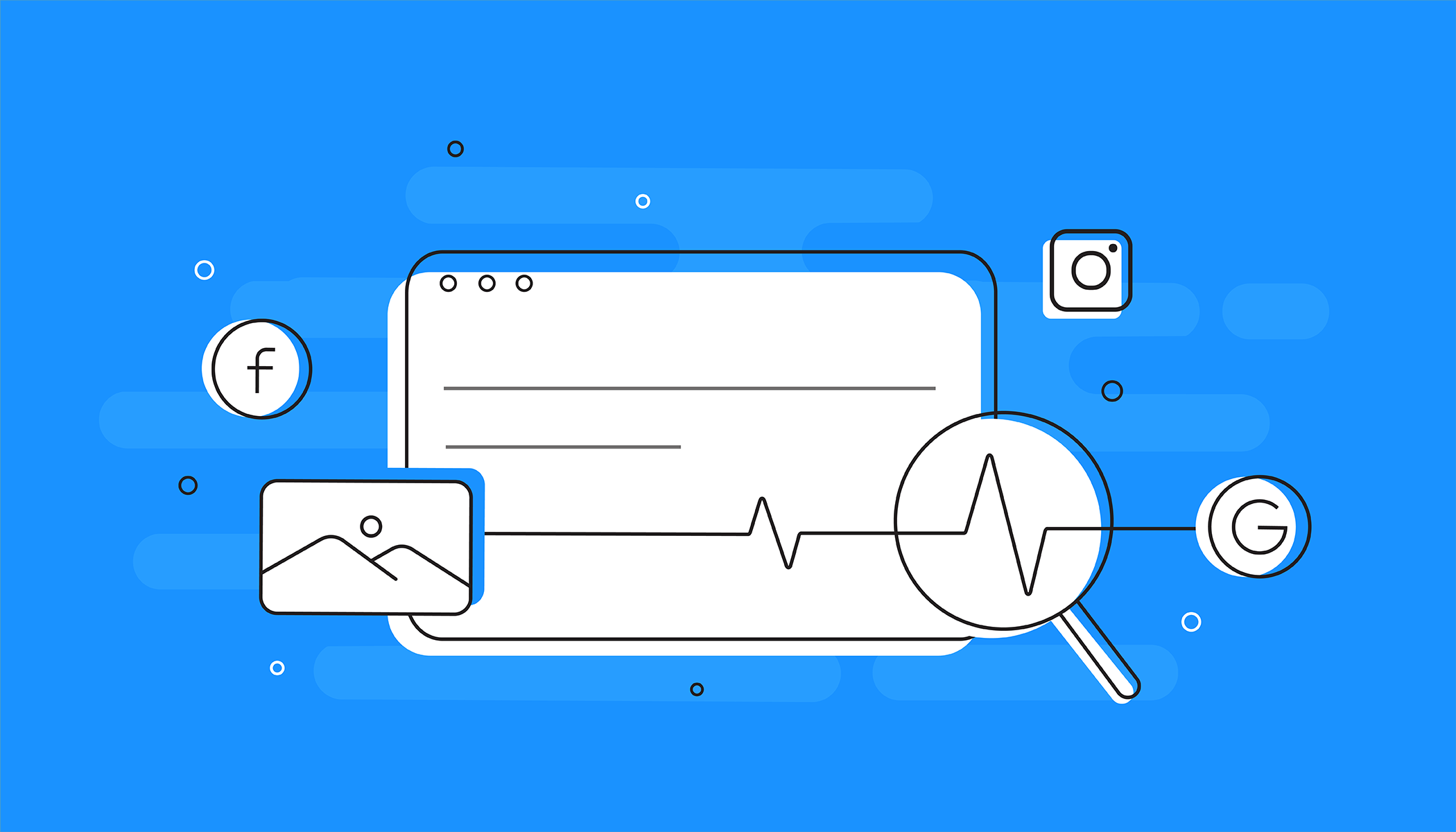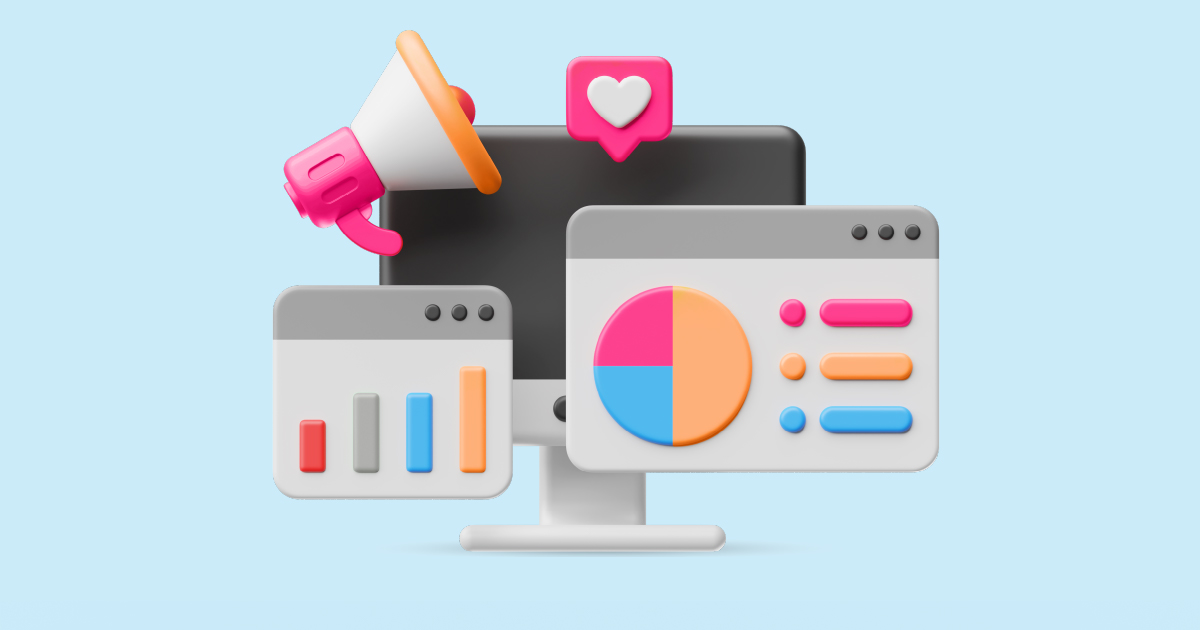Have you ever wondered what people are saying about your brand online? Social monitoring is your go-to strategy for keeping tabs on those conversations. It’s like being a fly on the wall in a room filled with your customers, competitors, and industry influencers. But what exactly is social monitoring definition, and why does it matter? Let’s dive into the details.
What Is Social Monitoring Definition? An In-Depth Guide to Understanding and Leveraging It

The Basics of Social Monitoring
Social Monitoring Definition
Social monitoring is the process of tracking online conversations about your brand, products, competitors, or industry. It involves collecting data from various digital platforms, such as social media, forums, and blogs, to understand what people are saying.
How Does It Work?
Social monitoring relies on specialized tools that scan digital platforms for specific keywords, hashtags, and phrases. These tools provide real-time alerts, enabling brands to respond quickly to feedback, questions, or complaints.
Key Components
1. Tracking Mentions
One of the core functions of social monitoring is tracking mentions of your brand name, products, or services across various platforms.
2. Monitoring Brand Sentiment
Understanding the tone of online conversations—whether positive, negative, or neutral—can help you gauge public perception.
3. Identifying Trends and Patterns
Social monitoring tools can uncover emerging trends, helping you stay ahead of the curve in your industry.
Benefits
1. Improved Customer Engagement
By responding promptly to customer queries or concerns, you can foster stronger relationships and build trust.
2. Enhanced Brand Reputation
Social monitoring allows you to address negative feedback before it escalates, protecting your brand’s image.
3. Data-Driven Decision-Making
The insights gathered can guide your marketing strategies and product development.
How Social Monitoring Differs from Social Listening
While social monitoring definition focuses on tracking specific mentions, social listening delves deeper into understanding the emotions and broader trends behind those mentions. Both are essential but serve different purposes.
Social Monitoring Tools
Popular tools like AIM Insights, Sprout Social, and Brandwatch make it easy to track online conversations. When choosing a tool, prioritize features like real-time alerts, sentiment analysis, and integration capabilities.
Social Monitoring Strategies
To get the most out of social monitoring:
- Set Clear Goals: Know what you want to achieve, whether it’s tracking brand sentiment or identifying new trends.
- Define Metrics to Track: Focus on key performance indicators like engagement rates and share of voice.
- Engage With Your Audience: Respond promptly to mentions to build rapport.
Conclusion
Social monitoring definition is no longer optional—it’s a must-have in today’s digital-first world. By leveraging the right tools and strategies, you can transform online conversations into actionable insights that drive success. To take your social monitoring efforts to the next level, request a demo from AIM Technologies today and discover how our cutting-edge solutions can revolutionize your brand’s online presence.
FAQs
- What is the difference between social monitoring and social listening?
Social monitoring tracks specific mentions, while social listening analyzes broader trends and emotions. - What are the best tools for social monitoring?
Tools like AIM Insights, Sprout Social, and Brandwatch are excellent choices. - Can small businesses benefit from social monitoring?
Absolutely! Affordable tools make it accessible for businesses of all sizes. - How do I track social media mentions effectively?
Use tools with real-time alerts and keyword tracking features. - Is social monitoring worth the investment?
Yes! The insights you gain can significantly impact your marketing and customer service efforts.



